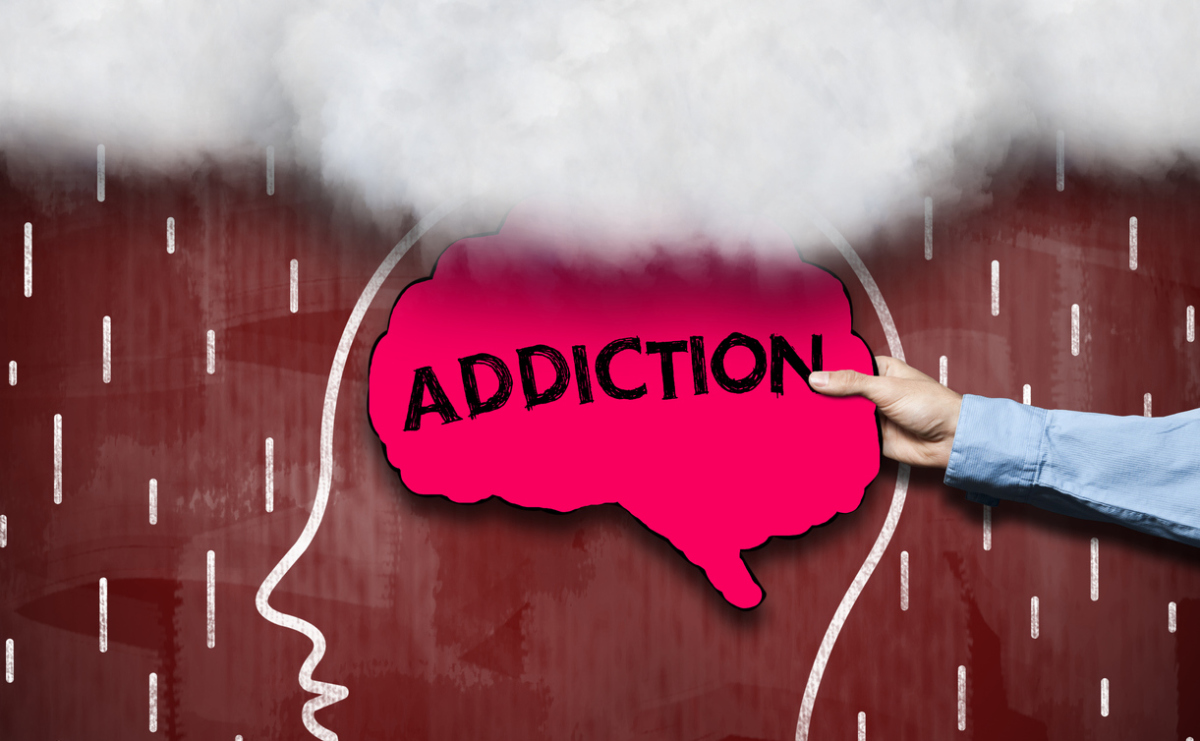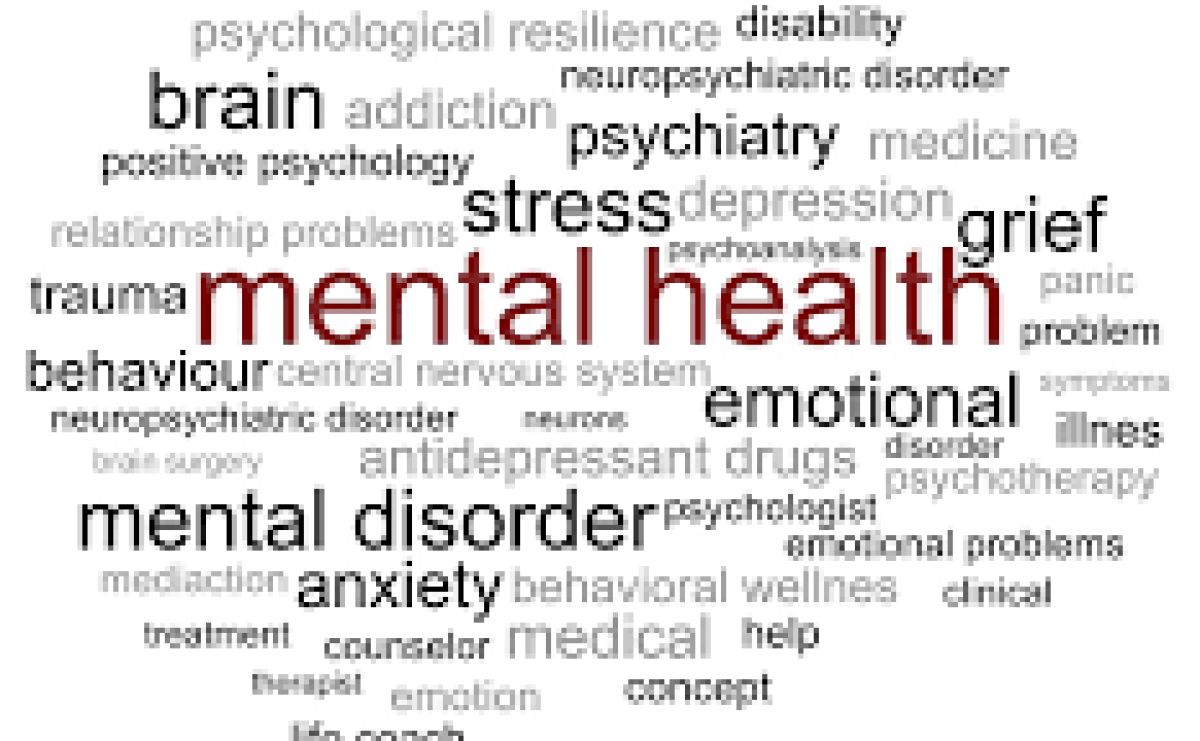Education
Understanding Addiction
The American Society of Addiction Medicine describes addiction as "a primary, chronic disease of brain reward, motivation, memory and related circuitry. It is characterized by the inability to consistently abstain, impairment in behavioral control, craving, diminished recognition of significant problems with one's behaviors and interpersonal relationships and a dysfunctional emotional response".
Addiction can affect and impair the parts of the brain that are responsible for decision making, impulse control and memory. There are several factors that can lead to addiction or cause an individual to be predisposed to succumbing to addiction.
Understanding Mental Health Disorders
A mental health disorder is a condition that affects a person's thoughts, feelings, or behaviors. It can interfere with their daily functioning and well-being. Some common examples of mental health disorders are depression, anxiety, bipolar disorder, schizophrenia, and post-traumatic stress disorder. Mental health disorders can have various causes, such as genetics, environment, trauma, or stress. They can be treated with different methods, such as medication, therapy, or lifestyle changes. Mental health disorders are not a sign of weakness or a character flaw. They are real and serious medical conditions that require professional help and support.




